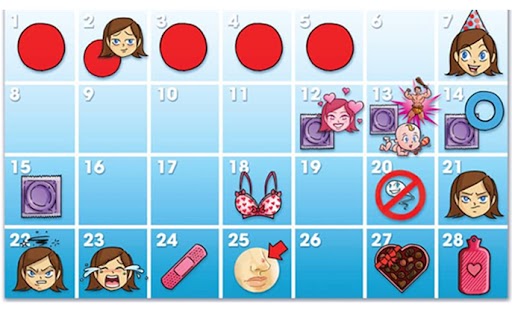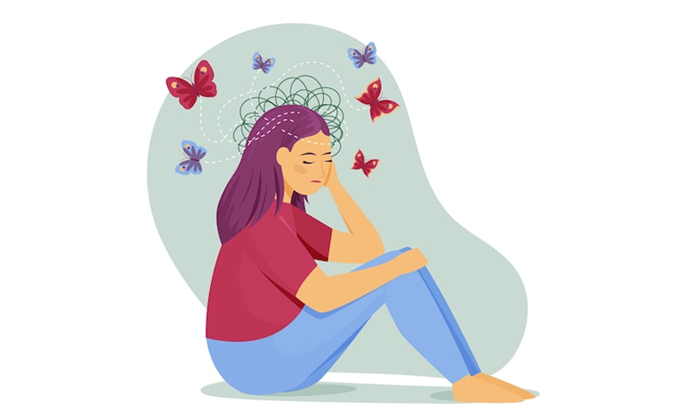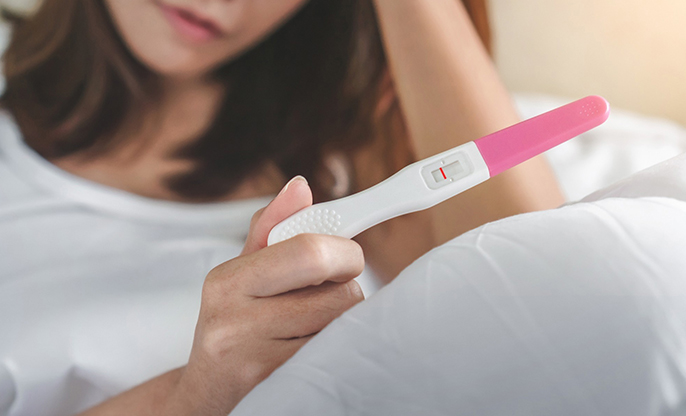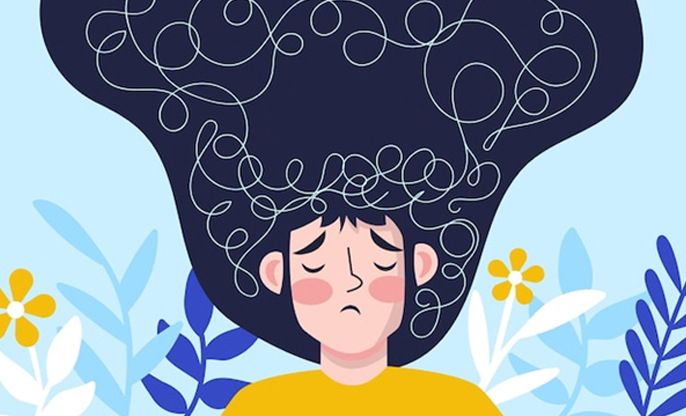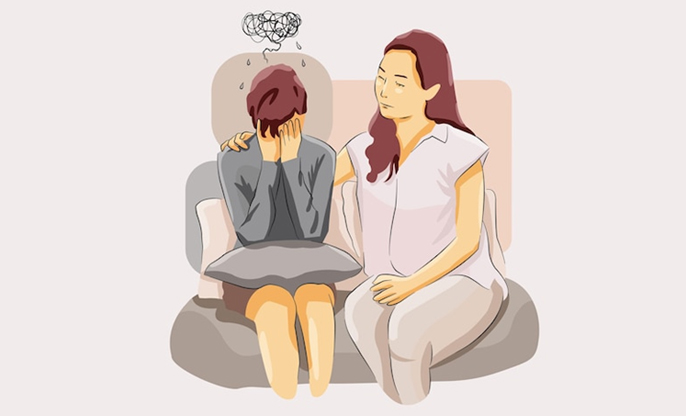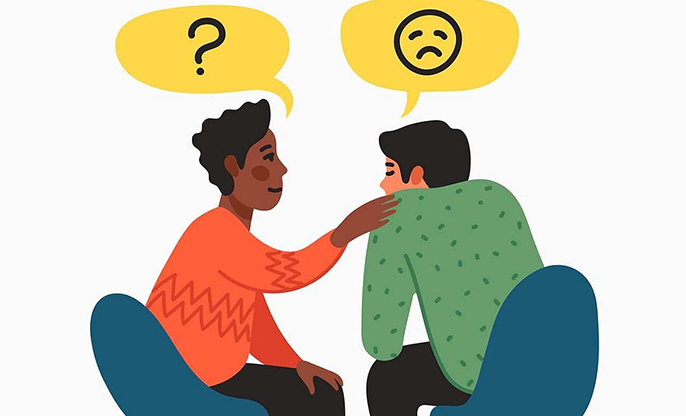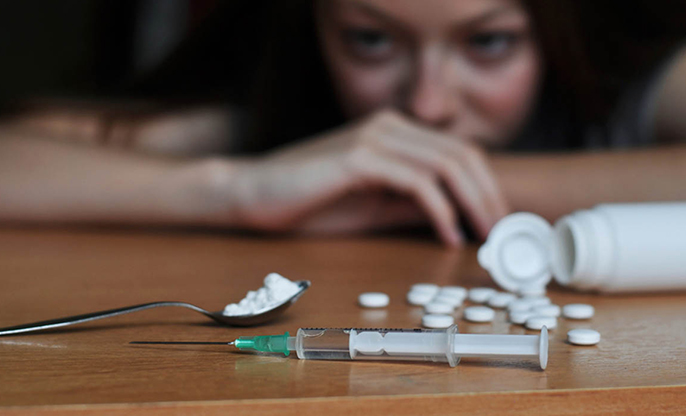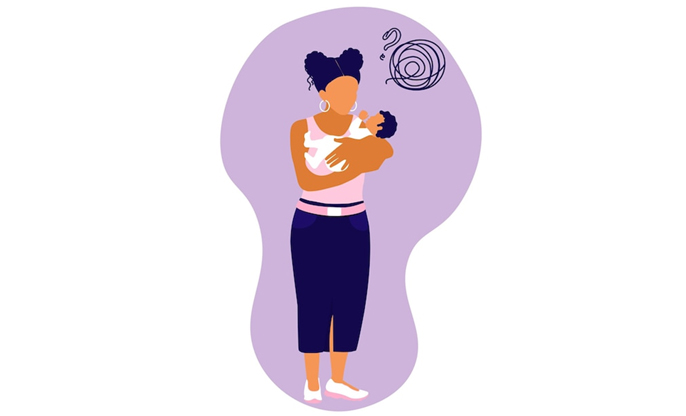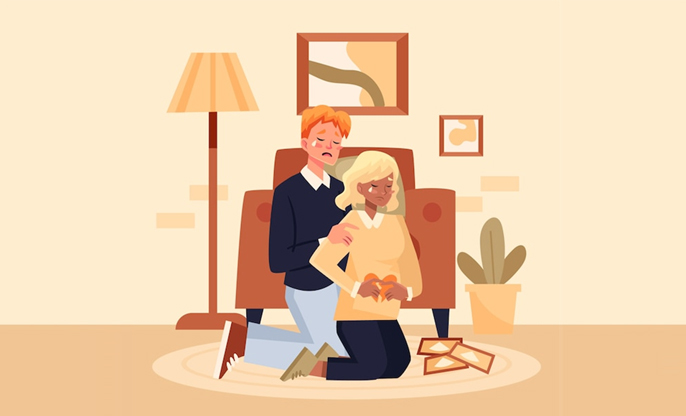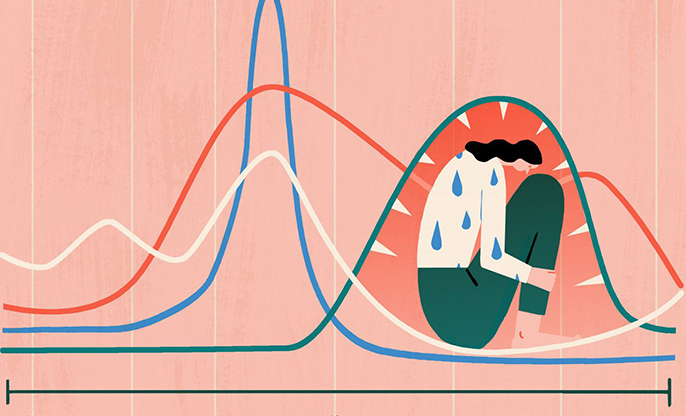
Essential Do's and Don'ts
PMDD is not just severe PMS; it's a struggle that between 3-8% of us face, bringing not only deep emotional turmoil but also significant physical discomfort. It can turn the days leading up to our period into a real test, affecting our work, relationships, and self-esteem. Here, we will share some personal guidelines that will help you to cope-up with PMDD, aiming to offer you relief and understanding.
Embracing Our Reality with PMDD
PMDD hits hard with symptoms like overwhelming mood swings, sadness, anxiety, and even physical pain like headaches and fatigue, all surfacing typically in the week or two before our period begins. But as soon as our period starts, there's this noticeable relief - a pattern that's both a curse and a blessing.
What We Should Do?
●
Track Our Symptoms: Writing down what we feel daily can reveal so much
about our triggers and patterns. It’s also incredibly useful when we talk to
doctors about what we’re going through.
●
Seek Professional Guidance: Never underestimate the power of help.
Whether it's antidepressants, hormonal treatments, or just therapeutic advice,
getting the right help is crucial.
●
Prioritize Rest: Sleep is our best friend. Keeping to a steady sleep
schedule helps manage our fatigue and emotional overload.
●
Nourish Our Body: Eating well - more fruits, veggies, and whole foods -
while cutting down on caffeine and sugar makes a noticeable difference,
especially as our period approaches.
●
Stay Active: Regular exercise is a game-changer. It lifts our mood
and helps manage anxiety.
● Reduce Stress: Integrating yoga, meditation, or simple deep-breathing exercises into our daily routine can significantly reduce our stress levels.
What We Should Avoid?
●
Ignoring Our Symptoms: Acknowledging PMDD is the first step in
managing it. Pretending it’s not there only makes things worse.
●
Isolating Ourselves: It’s tempting to hide away when we’re feeling low, but
keeping in touch with loved ones is essential - they’re our support network.
●
Self-Medicating: It's easy to turn to alcohol or comfort food, but these
are just temporary fixes that can often aggravate our symptoms.
●
Skipping Check-ups: Regular appointments with our healthcare provider help
keep our treatment on track.
● Being Rigid with Our Habits: What works today may not work tomorrow. Being open to changing our lifestyle is key to finding what really helps us feel better.
Moving Forward Together
PMDD is tough, no doubt. It tests our strength in ways few can understand. But by taking these proactive steps, we can manage our symptoms and reclaim our lives. Let’s remind ourselves: We’re not alone in this, and with the right strategies and support, we can navigate through the stormy days of PMDD.
